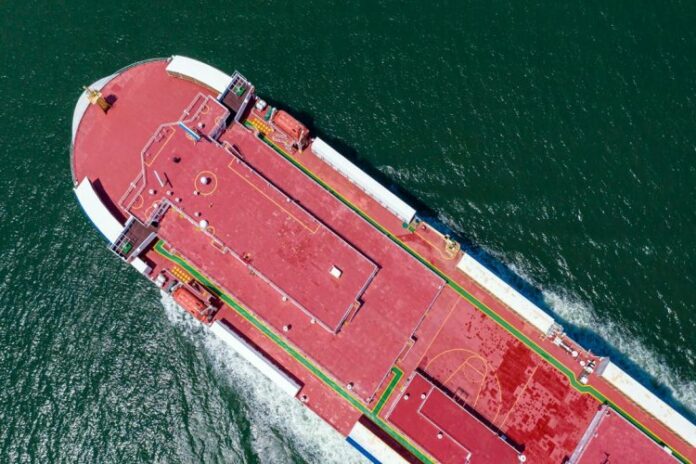On May 31st, NYK Line, Nihon Shipyard Co. Ltd. (Nihon Shipyard), and Nippon Kaiji Kyokai (ClassNK) signed an MOU with Yara International (Yara) to jointly study the practical application of an ammonia-fueled ammonia gas carrier (AFAGC) that uses ammonia as its main fuel.
Since carbon dioxide (CO2) is not emitted when ammonia is burned, it is viewed to have promise as a next-generation fuel that could mitigate shipping’s impact on global warming. In addition, it is said that zero emissions can be realized by utilizing CO2-free hydrogen as a raw material for ammonia. In particular, the use of ammonia as a fuel for power generation is expected to significantly reduce CO2 emissions, and development is underway for ammonia co-firing power generation at coal-fired power stations.
The reduction of greenhouse gas (GHG) emissions is a significant issue in the marine transportation sector. In 2018, the International Maritime Organization (IMO) set the goal of halving GHG emissions from the international maritime sector by 2050 and reaching a target of zero as early as the end of this century. Ammonia is attracting attention from various quarters as an alternative fuel that can contribute to achieving these goals.
This project is part of joint R&D for the practical application of the world’s first AFAGC, which NYK Line, Nihon Shipyard, and ClassNK have been operating since August 2020.
AFAGC contributes to the reduction of CO2 emissions from ships by using ammonia as the main fuel, and is expected to achieve zero emissions from ocean-going ships at an early stage by using ammonia as a marine fuel. It will also contribute to the establishment of a stable and economical supply chain for ammonia, for which demand is expected to grow in the future.
With the signing of this MOU with Yara, we will now proceed with studies based on more specific operational requirements, including ship design and development, by studying operational methods and regulatory compliance, and evaluating economic efficiency.



